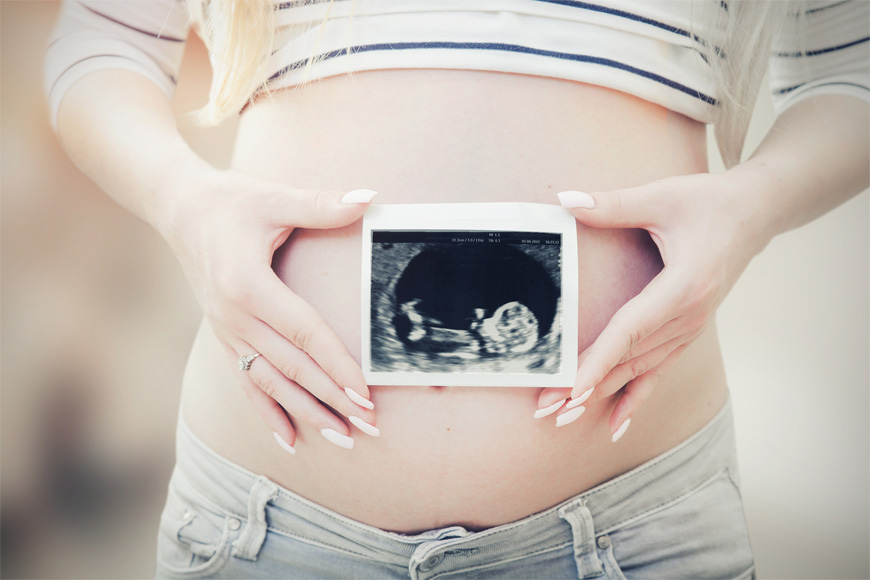A lot of debate turns around in the medical community about whether fasting during Ramadan is safe for patients with hypertension or not.
You might also be interested in...
Our experts at Bareen International Hospitals say that it is fine, as long as they follow the following tips:
1. Never skip your medications
2. Remember to stay well-hydrated between Iftar and Suhoor
3. Choose healthy foods to break your fast and focus mostly on salads and proteins
4. Reduce your salt consumption and beware of hidden salt such as in pickles, salty nuts, olives, dough, …
5. Do not forget to stay physically active, at least a few times per week
6. You can take your blood pressure lowering medications at Suhoor and/or Iftar depending on whether it is prescribed for once or twice daily use
7. If you take your medications three times daily, consult with your physician to adjust your regimen
8. Immediately contact your physician if you feel dizzy or you notice your BP readings are either too high or too low
These simple yet effective tips for individuals who suffer from high blood pressure may help them fast safely during Ramadan.
Remember to monitor your blood pressure at home and to visit your physician during Ramadan as low blood pressure can be as harmful as hypertension.
By Dr. Rana Abou Mrad
Specialist Nephrology and Hypertension/Internal Medicine
Bareen International Hospital



























.png?itok=HBSyMDok)





















































































.png?itok=0fOAXkOm)















.png?itok=EH_x0Pha)













